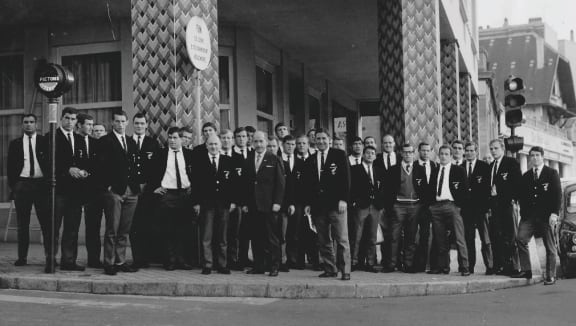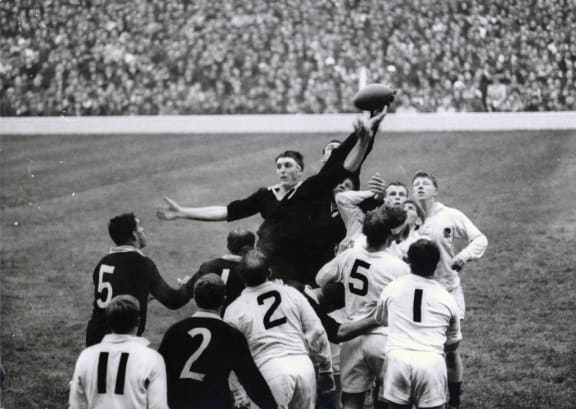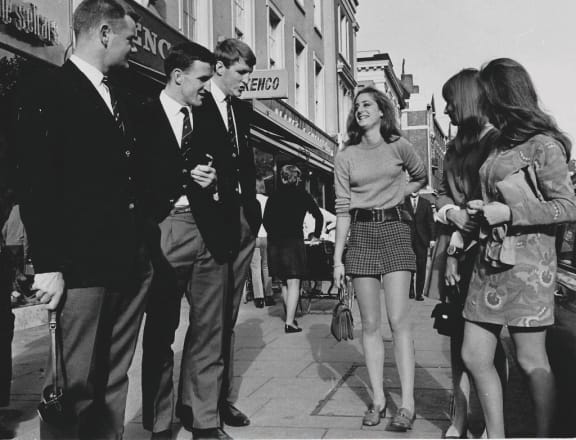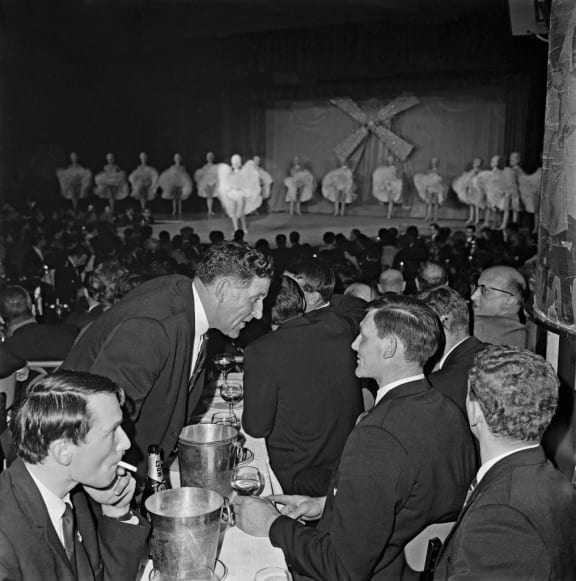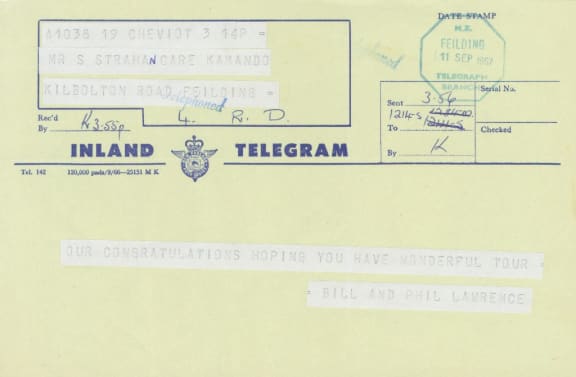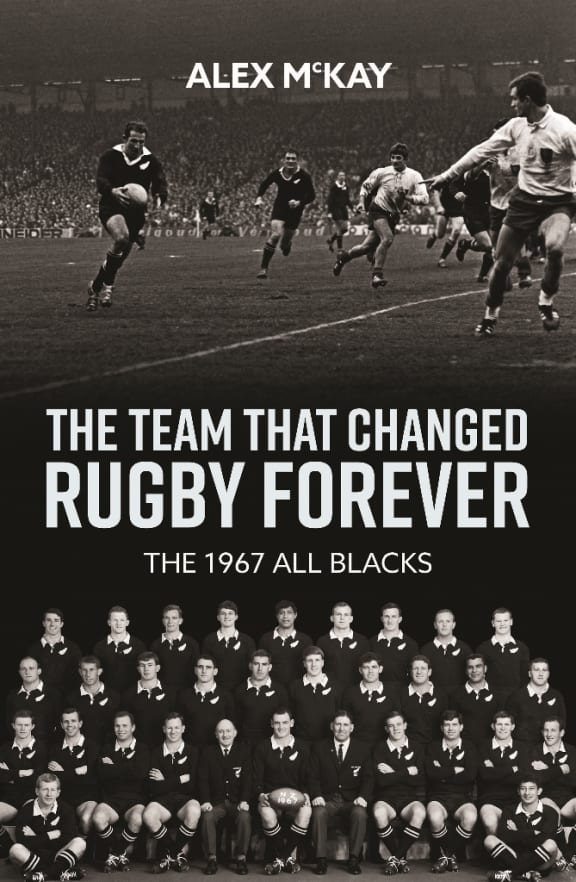Editor's Note: This column ran in 2017 but we thought it was good it's worth looking at again.
The 1967 All Blacks have been described as the team that forever changed the way rugby was played.
Names such as Colin Meads, Waka Nathan, Fergie McCormick, Grahame Thorne and Chris Laidlaw toured the UK, France and Canada, after their tour to South Africa was canned.
Alex McKay's social history The Team That Changed Rugby Forever - is about a side whose tour was as eventful as it was game-changing.
This was very much the era of the amateur as Chris Laidlaw remembers:
“The pay was so trifling it was immediately spent on booze! Some people came back with the princely sum of $10 or $15 after all that time.”
Alex McKay says a style of play that had served the All Blacks fairly well to that point was abandoned on this tour.
“For the previous 30 or so years the forwards driving it up and the first-five eighth kicking and the forwards going forward again - it was pretty dull stuff.
“In ‘67 that all changed under a new leadership they decided to try running the ball that changed the style of NZ rugby.”
Laidlaw says the leadership of that tour was firm, but allowed the players to relax as well.
“The leadership from Fred Allen and Charlie Sexton, who were military men but knew how to relax, so we had plenty of parties and Fred Allen was at the centre of those. He was an enthusiastic drinker - most of us were keen on performance-reducing drugs! In spite of that we had enough talent and enough athleticism.”
It was said of that All Blacks team they never darkened the doors of gym.
“The strength came from the job you were doing, most of the forwards were farmers”, says McKay.
Much of the travel was by train, which Laidlaw says allowed them to bond over long hours of card playing.
“A lot of the time was spent travelling, you talk about train trips it was long and the weather was bad and it should be remembered it was a hastily organised replacement tour.”
Colin Meads was an exceptional member of that team.
“He was such a dominant personality, enormously athletic and he was ruthless; there were times on this tour where the British press turned against him.
“At that time there was an aura around New Zealand teams for being rougher than anyone else, which was more apparent than real I think. Yes it was a rough game and it was not very well policed, you could get kicked on the ground, head high tackles were just a normal part of it,” says Laidlaw.
Compared with now, the ’67 team were less insulated from the world.
“These guys went back to their farms on Monday, so they weren’t separated from New Zealand society. The young players coming up today are living life in something of a bubble. In 1967 what’s striking is what an extraordinarily diverse range of individuals they were.”
Laidlaw says there is much to admire about the current generation of players.
“Now what do you see is a higher level of skill, more personal skill, a whole lot more bulk, more speed and you see a certain sort of automaton quality to the way in which they’re obliged to play.”
